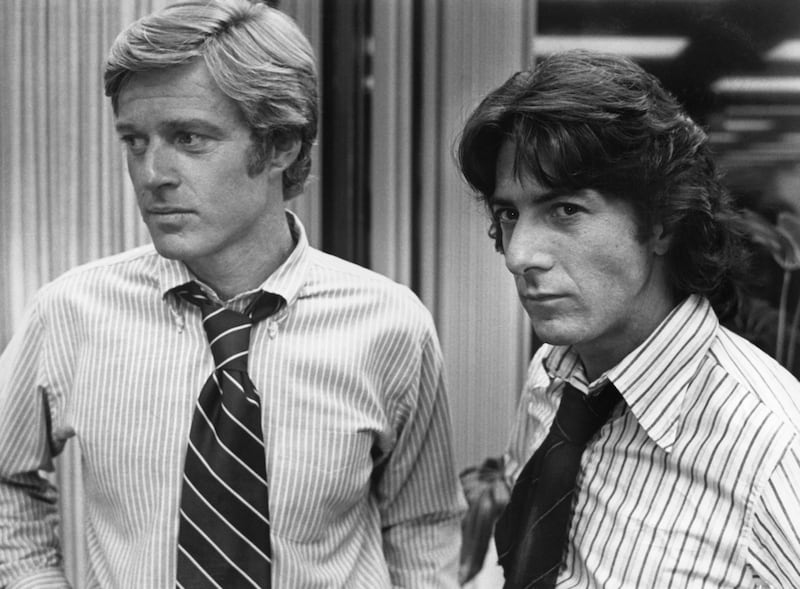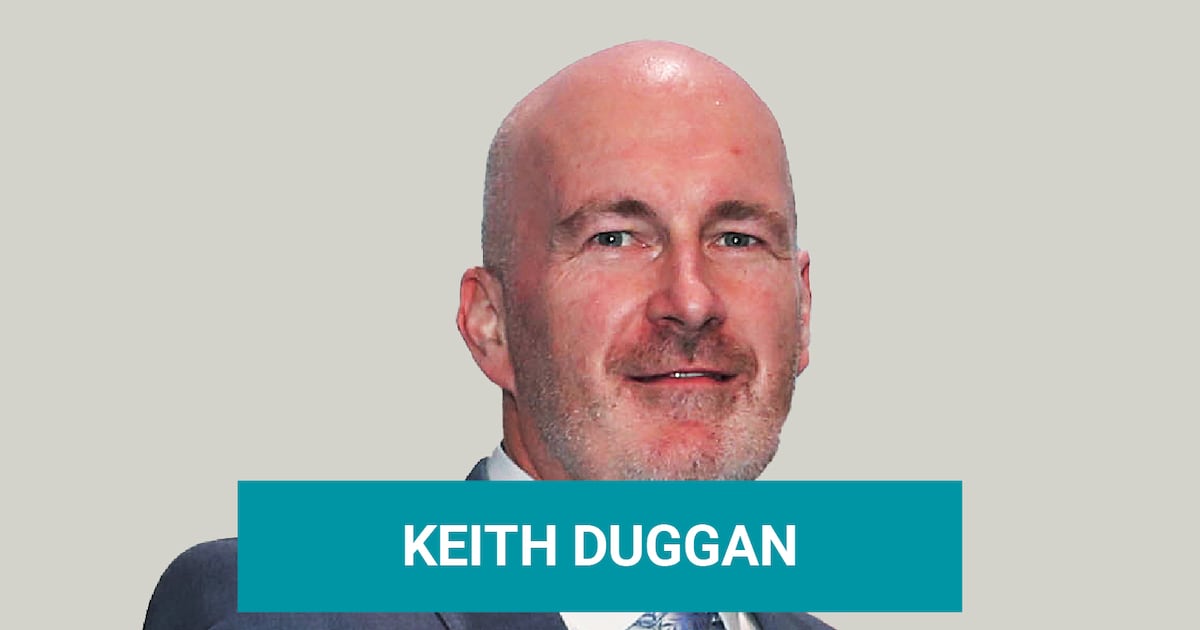Some Hollywood stars reside deep in the national subconscious and Robert Redford, through a combination of longevity, a dedication to craft and that dazzling all-American look of his, was one of the last of his kind.
It felt as though the Sundance Kid would go on forever. News of his death even momentarily pierced Donald Trump’s defences. “Oh, he did? Wow!” he exclaimed when informed of the actor’s death at a media huddle. Although declining – or failing – to name even one of his favourite Redford films when invited, Trump bestowed his highest praise word on the late actor: “I’d say he made seven or eight great movies. They were really great. There was a period of time when he was the hottest. I thought he was great.”
If Trump was aware that Redford held a different view of his political ascent, he kept his counsel at just then. Perhaps his muscle memory returned to the happy moment when Redford offered faint praise towards Trump’s political ambitions. It was 2015 and when Larry King asked the actor about what many believed to be a delusional run for the Republican candidacy.
Redford replied: “Look, he’s got such a big foot in his mouth, I’m not sure you’re going to get it out. But on the other hand, I’m glad he’s in there. I’m glad he’s in there because him being the way he is and saying what he says the way he says it, I think shakes things up and I think that’s very needed. Because on the other side, it’s so bland, it’s so boring, it’s so empty.”
Even now, that seems like a fair assessment of the US political landscape a decade ago and likely reflected the disenchantment that Redford, a steadfast environmental activist throughout his acting life, felt with the Democratic Party. A thrilled Trump took to Twitter and used the very phrase with which he responded to Redford’s death: “Wow! Such nice words from Robert Redford on my running for president.”
[ Robert Redford: A life in picturesOpens in new window ]
But within four years, Redford had taken to publicly denouncing the first Trump presidency, writing in a Washington Post oped, in 2019, that “it is painfully clear we have a president who degrades everything he touches, a person who does not understand (or care) that our duty is to defend our democracy”.
The rush of tributes to Redford over the past few days paid due attention to his role in bringing to the screen the story of Watergate, the most significant political scandal in modern American history, in All The President’s Men.
 Robert Redford and Dustin Hoffman in the 1976 Watergate drama All the President’s Men. Photograph: Screen Archives/Getty Images
Robert Redford and Dustin Hoffman in the 1976 Watergate drama All the President’s Men. Photograph: Screen Archives/Getty Images
In remembering the starry excitement and disruption of having Redford and Alan Pakula in and around the Post’s offices, editor Ben Bradlee wrote in his memoir of Redford’s obsessive thoroughness with detail and accuracy.
The only concession Redford did not ultimately win was his request that they use the actual Post newsroom to shoot the film, promising to work between 4am and 9am. Instead, he painstakingly had an exact facsimile created in The Burbank Studios.
Bradlee also recalled Redford’s pained reaction after a first screening of the film. “Each of us sat alone, afraid to react or to be caught reacting,” Bradlee wrote. “And when it was over no one said a word until Redford pleaded with us: ‘For God’s sake, somebody say something’.”
Writing for the Post to mark the 45th anniversary of a film that has endured, Redford acknowledged that he was often asked about the similarities between the American political climate in 1972, when the burglary of the Democratic National Committee offices in the Watergate building occurred, and 2017.
“There are many,” he wrote. “The biggest one is the importance of a free and independent media in defending our democracy. When President Trump speaks of being in a ‘running war’ with the media, calls them ‘among the most dishonest human beings on Earth’ and tweets that they’re ‘the enemy of the American people’ his language takes the Nixon administration’s accusations of ‘shoddy’ and ‘shabby’ journalism to new and dangerous heights.”
It took many years for Bradlee to grasp the fact that the movie would endure long after the reality of the scandal receded from the American imagination. “I had no idea at the time of the shadow that movie would cast. No idea, for instance, that all that generations to come would ever know about Watergate would be in that 147-minute film.”
More than half a century later, the themes and lessons that underscore the film, and Redford’s restrained, dignified cautions, are more alive than ever. Always elusive, Redford slipped away quietly, aged 89, during a period of sustained political crisis for his country. The news silenced the din of competing voices and mounting hysteria and menace, but only for a small while.
“One thing I know about the dark,” Redford says as Roy Hobbs in The Natural, “you can’t see in it.”

